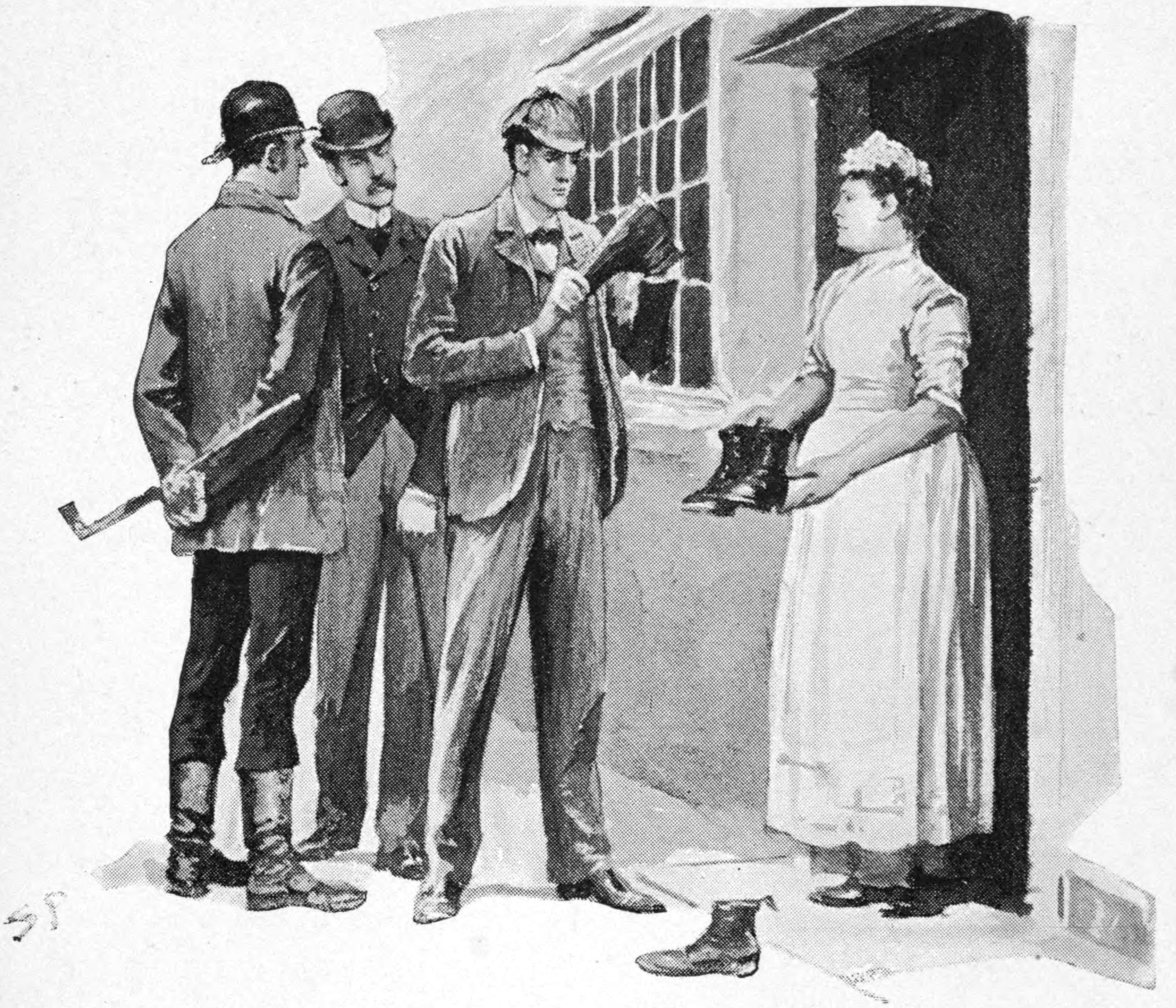|
Quarantine (Egan Novel)
''Quarantine'' is a 1992 hard science fiction novel by Greg Egan. Within a detective fiction framework, the novel explores the consequences of the Copenhagen interpretation of quantum mechanics (or rather of its consciousness causes collapse variant), which Egan acknowledges was chosen more for its entertainment value than for its likelihood of being correct. Plot summary The novel is set in the near future (2034–2080), after the Solar System has been surrounded by an impenetrable shield known as the Bubble, presumably by an extraterrestrial civilization for unknown reasons. The Bubble permits no light to enter the Solar System, and as a consequence the stars can no longer be seen, causing widespread societal panic, 'claustrophobia', and terrorist action. Neural mods are commonplace, designed pathways in the brain that are created with engineered, programmable microorganisms to produce a variety of effects, such as implanting skillsets, emotions, altered states of awareness ... [...More Info...] [...Related Items...] OR: [Wikipedia] [Google] [Baidu] |
Greg Egan
Greg Egan (born 20 August 1961) is an Australian science fiction writer and mathematician, best known for his works of hard science fiction. Egan has won multiple awards including the John W. Campbell Memorial Award, the Hugo Award, and the Locus Award. Life and work Egan holds a Bachelor of Science degree in mathematics from the University of Western Australia. He published his first work in 1983. He specialises in hard science fiction stories with mathematical and quantum ontology themes, including the nature of consciousness. Other themes include genetics, simulated reality, posthumanism, mind uploading, sexuality, artificial intelligence, and the superiority of rational naturalism to religion. He often deals with complex technical material, like new physics and epistemology. He is a Hugo Award winner (with eight other works shortlisted for the Hugos) and has also won the John W. Campbell Memorial Award for Best Science Fiction Novel. His early stories feature strong ... [...More Info...] [...Related Items...] OR: [Wikipedia] [Google] [Baidu] |
Hard Science Fiction
Hard science fiction is a category of science fiction characterized by concern for scientific accuracy and logic. The term was first used in print in 1957 by P. Schuyler Miller in a review of John W. Campbell's ''Islands of Space'' in the November issue of ''Astounding Science Fiction''. The complementary term ''soft science fiction'', formed by analogy to the popular distinction between the "hard" (natural science, natural) and "soft" (social science, social) sciences,) first appeared in the late 1970s. Though there are examples generally considered as Hard and soft science, "hard" science fiction such as Isaac Asimov's Foundation (book series), ''Foundation'' series, built on mathematical sociology, science fiction critic Gary Westfahl argues that while neither term is part of a rigorous Taxonomy (general), taxonomy, they are approximate ways of characterizing stories that reviewers and commentators have found useful. History Stories revolving around scientific and technical ... [...More Info...] [...Related Items...] OR: [Wikipedia] [Google] [Baidu] |
Detective Fiction
Detective fiction is a subgenre of crime fiction and mystery fiction in which an criminal investigation, investigator or a detective—whether professional, amateur or retired—investigates a crime, often murder. The detective genre began around the same time as speculative fiction and other genre fiction in the mid-nineteenth century and has remained extremely popular, particularly in novels. Some of the most famous heroes of detective fiction include C. Auguste Dupin, Sherlock Holmes, Kogoro Akechi, Miss Marple and Hercule Poirot. Juvenile stories featuring The Hardy Boys, Nancy Drew, and The Boxcar Children have also remained in print for several decades. History Ancient Some scholars, such as R. H. Pfeiffer, have suggested that certain ancient and religious texts bear similarities to what would later be called detective fiction. In the Old Testament story of Susanna (Book of Daniel: 13), Susanna and the Elders (the Protestant Bible locates this story within the apocrypha), t ... [...More Info...] [...Related Items...] OR: [Wikipedia] [Google] [Baidu] |
Copenhagen Interpretation Of Quantum Mechanics
The Copenhagen interpretation is a collection of views about the meaning of quantum mechanics, stemming from the work of Niels Bohr, Werner Heisenberg, Max Born, and others. While "Copenhagen" refers to the Danish city, the use as an "interpretation" was apparently coined by Heisenberg during the 1950s to refer to ideas developed in the 1925–1927 period, glossing over his disagreements with Bohr. Consequently, there is no definitive historical statement of what the interpretation entails. Features common across versions of the Copenhagen interpretation include the idea that quantum mechanics is intrinsically indeterministic, with probabilities calculated using the Born rule, and the principle of complementarity, which states that objects have certain pairs of complementary properties that cannot all be observed or measured simultaneously. Moreover, the act of "observing" or "measuring" an object is irreversible, and no truth can be attributed to an object except according to ... [...More Info...] [...Related Items...] OR: [Wikipedia] [Google] [Baidu] |
Consciousness Causes Collapse
The postulate that consciousness causes collapse is an interpretation of quantum mechanics in which consciousness is postulated to be the main mechanism behind the process of measurement in quantum mechanics. It is a historical interpretation of quantum mechanics that is largely discarded by modern physicists. The idea is attributed to Eugene Wigner who wrote about it in the 1960s, but traces of the idea appear as early as the 1930s. Wigner later rejected this interpretation in the 1970s and 1980s. History Earlier work According to Werner Heisenberg recollections in ''Physics and Beyond'', Niels Bohr is said to have rejected the necessity of a conscious observer in quantum mechanics as early as 1927. In his 1932 book '' Mathematical Foundations of Quantum Mechanics'', John von Neumann argued that the mathematics of quantum mechanics allows the collapse of the wave function to be placed at any position in the causal chain from the measurement device to the "subjective perce ... [...More Info...] [...Related Items...] OR: [Wikipedia] [Google] [Baidu] |
Solar System
The Solar SystemCapitalization of the name varies. The International Astronomical Union, the authoritative body regarding astronomical nomenclature, specifies capitalizing the names of all individual astronomical objects but uses mixed "Solar System" and "solar system" structures in theinaming guidelines document. The name is commonly rendered in lower case ('solar system'), as, for example, in the ''Oxford English Dictionary'' an''Merriam-Webster's 11th Collegiate Dictionary''. is the gravitationally bound Planetary system, system of the Sun and the objects that orbit it. It Formation and evolution of the Solar System, formed about 4.6 billion years ago when a dense region of a molecular cloud collapsed, forming the Sun and a protoplanetary disc. The Sun is a typical star that maintains a hydrostatic equilibrium, balanced equilibrium by the thermonuclear fusion, fusion of hydrogen into helium at its stellar core, core, releasing this energy from its outer photosphere. As ... [...More Info...] [...Related Items...] OR: [Wikipedia] [Google] [Baidu] |
Victor Gollancz Ltd
Victor Gollancz Ltd () was a major British book publishing house of the twentieth century and continues to publish science fiction and fantasy titles as an imprint of Orion Publishing Group. Gollancz was founded in 1927 by Victor Gollancz, and specialised in the publication of high-quality literature, nonfiction, and popular fiction, including crime, detective, mystery, thriller, and science fiction. Upon Gollancz's death in 1967, ownership passed to his daughter, Livia, who in 1989 sold it to Houghton Mifflin Harcourt, Houghton Mifflin. Three years later in October 1992, Houghton Mifflin sold Gollancz to the publishing house Cassell (publisher), Cassell & Co. Cassell and its parent company Orion Publishing Group were acquired by Hachette (publisher), Hachette in 1996, and in December 1998 the merged Orion/Cassell group turned Gollancz into its science fiction/fantasy imprint. Origins as a political house Gollancz was left-inclined in politics and a supporter of socialist mov ... [...More Info...] [...Related Items...] OR: [Wikipedia] [Google] [Baidu] |
Nowa Fantastyka
''Nowa Fantastyka'' (established as ''Fantastyka'' in 1982, renamed in 1990) is a Polish speculative fiction monthly fantasy and science fiction magazine. It is the leading and oldest of the Polish magazines on this topic. History ''Fantastyka'' was established in 1982 by sci-fi fans Andrzej Krzepkowski, Jacek Rodek and , under the direction of the writer and journalist Adam Hollanek, who became the magazine's first editor-in-chief. It became known as one of few magazines to publish both foreign and Polish short stories, as well as full-length novels in instalments. Between 1990 and 1992 its editor-in-chief was Lech Jęczmyk, followed by Maciej Parowski and Arkadiusz Nakoniecznik. In March 2006 Paweł Matuszek took over. Andrzej Sapkowski published his first short story about ''The Witcher'' in the magazine - a debut that led to the publishing success of The Witcher saga. Today ''Fantastyka'' is dedicated predominantly to short stories, but also to articles on modern scienc ... [...More Info...] [...Related Items...] OR: [Wikipedia] [Google] [Baidu] |
1992 Australian Novels
Year 199 ( CXCIX) was a common year starting on Monday of the Julian calendar. At the time, it was sometimes known as year 952 ''Ab urbe condita''. The denomination 199 for this year has been used since the early medieval period, when the Anno Domini calendar era became the prevalent method in Europe for naming years. Events By place Roman Empire * Mesopotamia is partitioned into two Roman provinces divided by the Euphrates, Mesopotamia and Osroene. * Emperor Septimius Severus lays siege to the city-state Hatra in Central-Mesopotamia, but fails to capture the city despite breaching the walls. * Two new legions, I Parthica and III Parthica, are formed as a permanent garrison. China * Battle of Yijing: Chinese warlord Yuan Shao defeats Gongsun Zan. Korea * Geodeung succeeds Suro of Geumgwan Gaya, as king of the Korean kingdom of Gaya (traditional date). By topic Religion * Pope Zephyrinus succeeds Pope Victor I, as the 15th pope. Births Valerian Roman ... [...More Info...] [...Related Items...] OR: [Wikipedia] [Google] [Baidu] |
Novels By Greg Egan
A novel is an extended work of narrative fiction usually written in prose and Publication, published as a book. The word derives from the for 'new', 'news', or 'short story (of something new)', itself from the , a singular noun use of the neuter plural of ''novellus'', diminutive of ''novus'', meaning 'new'. According to Margaret Doody, the novel has "a continuous and comprehensive history of about two thousand years", with its origins in the Ancient Greek novel, Ancient Greek and Roman novel, Medieval Chivalric romance, and the tradition of the Italian Renaissance novella.Margaret Anne Doody''The True Story of the Novel'' New Brunswick, NJ: Rutgers University Press, 1996, rept. 1997, p. 1. Retrieved 25 April 2014. The ancient romance form was revived by Romanticism, in the historical romances of Walter Scott and the Gothic novel. Some novelists, including Nathaniel Hawthorne, Herman Melville, Ann Radcliffe, and John Cowper Powys, preferred the term Romance (literary fiction) ... [...More Info...] [...Related Items...] OR: [Wikipedia] [Google] [Baidu] |
Australian Science Fiction Novels
Australian(s) may refer to: Australia * Australia, a country * Australians, citizens of the Commonwealth of Australia ** European Australians ** Anglo-Celtic Australians, Australians descended principally from British colonists ** Aboriginal Australians, indigenous peoples of Australia as identified and defined within Australian law * Australia (continent) ** Indigenous Australians * Australian English, the dialect of the English language spoken in Australia * Australian Aboriginal languages * ''The Australian'', a newspaper * Australiana, things of Australian origins Other uses * Australian (horse), a racehorse * Australian, British Columbia, an unincorporated community in Canada See also * The Australian (other) * Australia (other) * * * Austrian (other) Austrian may refer to: * Austrians, someone from Austria or of Austrian descent ** Someone who is considered an Austrian citizen * Austrian German dialect * Something associated with the coun ... [...More Info...] [...Related Items...] OR: [Wikipedia] [Google] [Baidu] |




